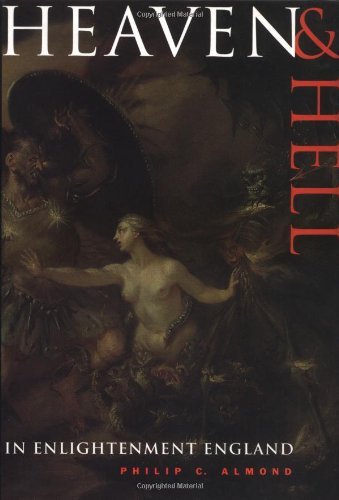
Very useful overview of thinking on eternity in the 17th and 18th Centuries in England. As such, it is a useful source for other study. For academic work it will lay a good foundation.
Excerpts
83
Richard Younge was a Calvinist well known for his view that this world was the hell of the godly, the next that of the ungodly. Like Shower and Vincent, he maintained that the pains of hell would be worse than the pangs of death and childbirth, scalding lead, drinks of gall and wormwood, griping of chest worms, fits of the stone, gout, and strangury: “Are these, and all other pains that can be named put together, but shadows, and flea-bitings to it?”
90
Still, there was at least one mitigating factor in all this, namely, that the torments of the damned would be proportionate to their sins. While it was not much discussed, it was generally unquestioned.
95
The body was, to the Calvinist Daniel Burgess, no mere adjunct to the soul but an essential part of the identity of the person. Thus punishment had to be meted out to the body as well as to the soul.
97
in the contrasting symmetries of heaven and hell, just as the sufferings of the damned were increased by the vision of the joys of the blessed, so also the joys of the torments of the wicked.
